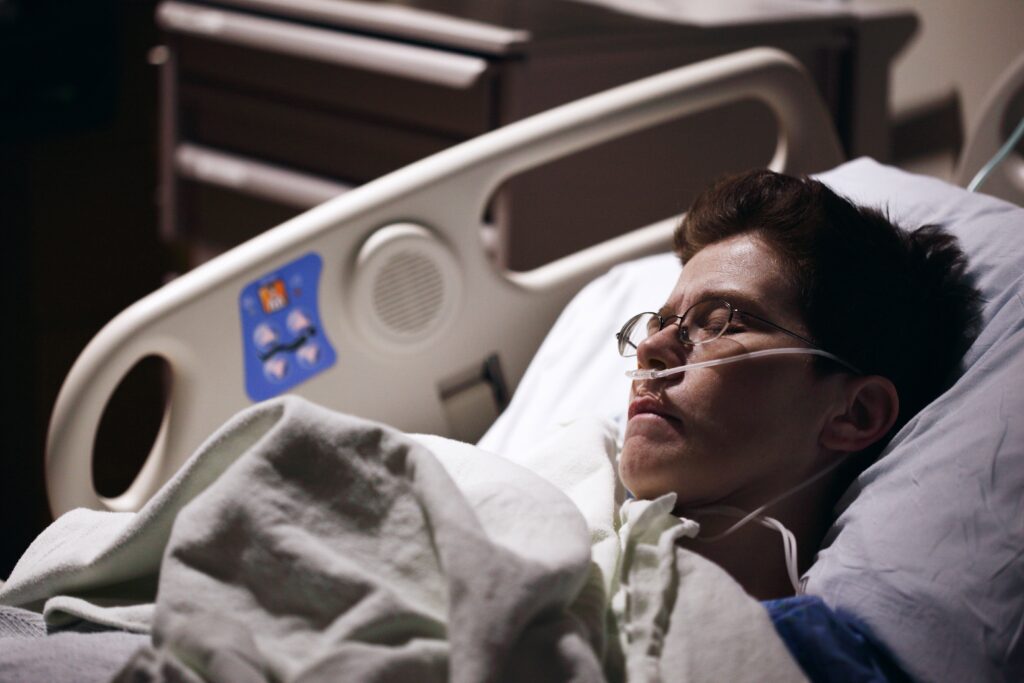
image source: Sharon McCutcheon on Unsplash
There are many reasons why a person can become seriously injured. It can be a result of a work accident or a criminal assault. Alternatively, there may have been a car collision. Whatever the reason, such people are usually rushed to the hospital by ambulance. It can be a traumatic experience for the person, those involved, and also friends and family.
When someone is living in the wake of a life-threatening injury, they are often processing shock and trauma as well as pain. The doctor may tell the person they could have died, or that their future is uncertain. During such moments, it’s really important that the person stewards their mental health well. This article has been written as a guide to help anyone who is in this situation right now.
Accept Peoples’ Help
It’s understandable that loved ones will be keen to support you in any way that they can. Don’t shrug them off or be too proud to acknowledge your vulnerability. If you need a small sum of money or a lift to a medical appointment, accept it. The same thing applies to offers of pre-cooked meals.
Should your injury be the result of a negligent person, you may be seeking legal compensation for the medical and emotional suffering. Many people use personal injury lawyers to help them get medical care for their injuries. They also want dedicated case assistants for their legal claims, and someone to fight the insurance companies on their behalf.
Allow Yourself To Feel
Don’t just say to yourself, ‘I’m being stupid,’ or ‘I’m overreacting.’ The fact is you’ve just been through a major trauma, and it’s normal to feel anxious or depressed. Your thoughts may be all over the place, or you may be angry at the person who caused the accident. Perhaps you are frustrated that you can’t move around as freely as before.
Some accident victims develop PTSD (Post Traumatic Stress Disorder) which may include painful flashbacks and nightmares. Others simply feel shocked by their own fragility and mortality. Injury patients may also grieve the effect it’s having on their loved ones.

Image Source: pixabay.com
Accept Medical Assistance
Your doctor may prescribe you painkillers or other prescription medication. They may even recommend sleeping tablets or antidepressants to get you through this time. A physiotherapist may give you some exercises to do, to aid your recovery. Some people are referred to therapists to help them deal with both the past event and their current challenges. Some people also grieve the future that has been ‘robbed’ from them.
Support groups can also help some people. They are made up of folk who’ve been through the same experience, are on the same journey, and want to share what’s helped them. People are also recommended to practice mindfulness or do CBT (Cognitive Behavioural Therapy). The latter can help people train their thoughts to respond positively.
Accept The New Normal
Resist the desire to isolate yourself or push people away. Don’t read unhelpful medical websites. Try not to blame others, and avoid alcohol or drugs as a means of emotional pain relief.
Perhaps you now need a wheelchair and some house modifications. They may include wheelchair ramps, walk-in showers, support handles, or stairlifts. It may be you need to find a different job or work fewer hours. Alternatively, you will never work again.
Whilst it can be hugely challenging, it’s important to accept any loss of independence or enforced change.
Build A New Future
Let your medical advisors tell you the right diet of food and drink to have. They can also advise on the exercise regime that is right for you. Whilst you may not be able to attend a gym at the moment, there may be things like resistance bands you can use. Make sure you have adequate sleep each night as well.
It can also be a good idea to track your symptoms, mood, behaviour and anything that affects you positively or mentally. Finding the best symptom tracker can help you to track your symptoms, pain flares, mood changes and more to help you navigate the new normal.
Next, why not create a dream board? Rather than focusing on what you can’t do, create a realistic roadmap to your future. Create a bucket list of things to do, and build your sense of hope. Perhaps there are some new hobbies or interests you can take up. Even during a season such as this, there will be ways that you can help other people and find fulfilment in that.
Be patient with yourself during the season of recovery or medical treatment. No matter what has happened, you still have a heart that can love, and people who love you. Together you can enter this new chapter of your life with both peace and gratitude.
